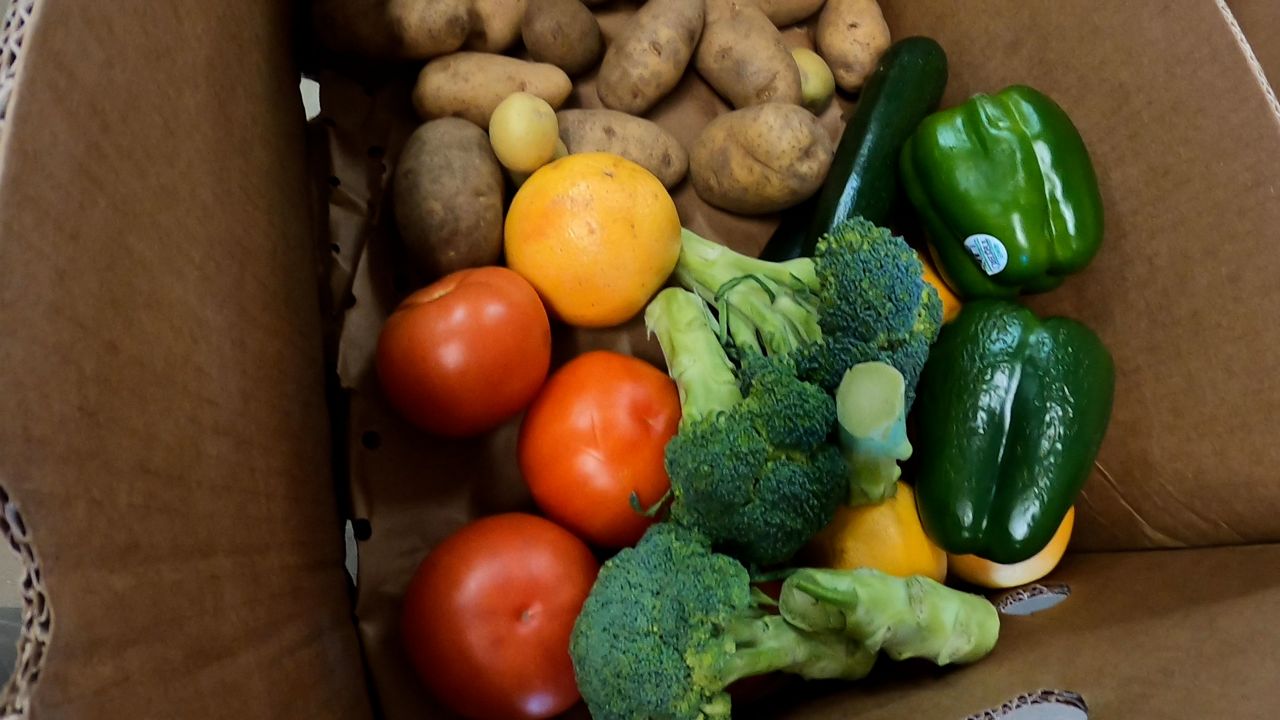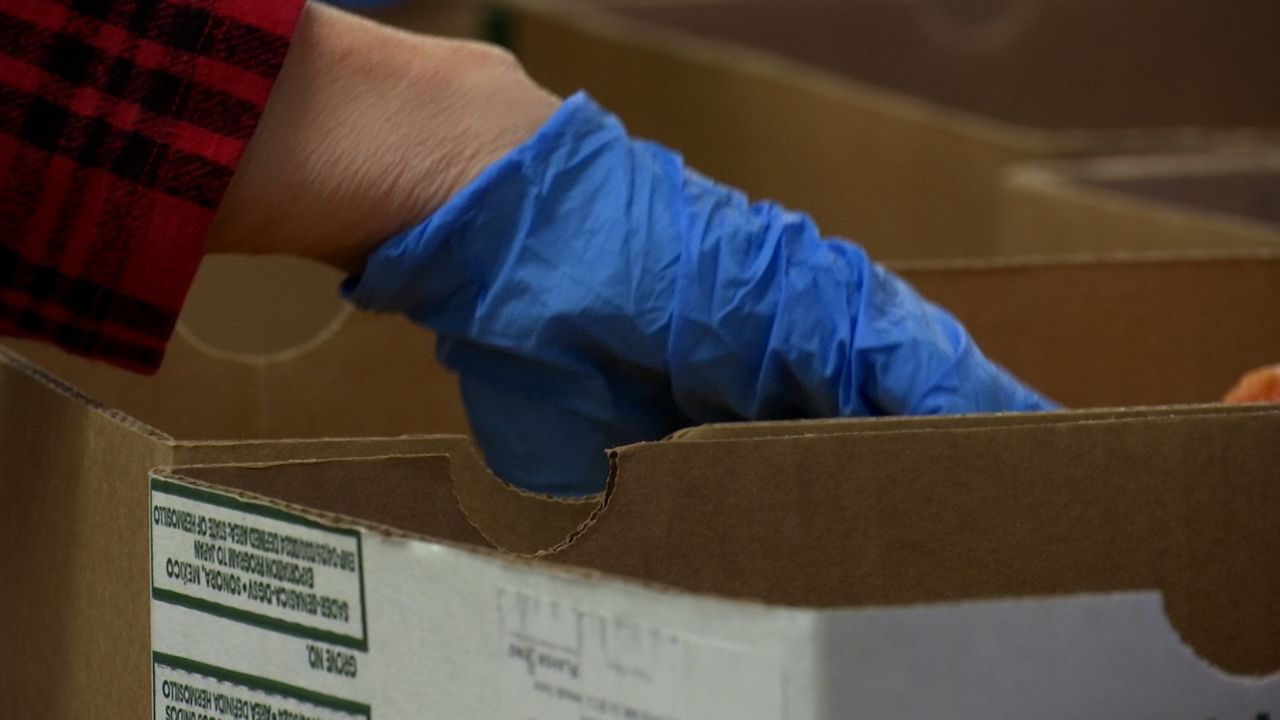MADISON, Wis. — When the Wisconsin Supreme Court struck down Governor Tony Evers' (D-Wisconsin) continued emergency declaration Wednesday, the decision put almost $50 million in emergency food benefits in jeopardy.
The state is only eligible for those benefits through the Families First Coronavirus Response Act if there is an emergency order in place.
What You Need To Know
- Wisconsin State Supreme Court struck down Governor Evers' continued state of emergency
- States need an emergency declaration to be eligible for expanded food assistance programs
- About 242,000 Wisconsin households have been receiving expanded benefits worth more than $49 million per month
- Governor and legislature must act for expanded food assistance to continue past April
Feeding Wisconsin said that about 242,000 households in the state would lose more than $49 million in expanded Supplemental Nutrition Assistance Program (SNAP) benefits.
“This increased allotment is likely to affect seniors, low-wage workers and other families that have some income, maybe those with disabilities that are receiving disability benefits,” said Stephanie Dorfman, Feeding Wisconsin's executive director.

Feeding Wisconsin said that hunger has risen during the pandemic, with an estimated 11.7% of Wisconsinites experienced food insecurity last year. That's one in nine Wisconsinites, including one in five children.
Dorfman said the expanded SNAP benefits for Wisconsin will last through April, but to last beyond that another emergency order needs to be in place.
“We're still hopeful that the governor and the state legislature might work out a solution that might avoid any potential decrease in benefits, but that's yet to be known at this point,” Dorfman said.
People who have been relying on those expanded benefits say they were blindsided by the news that they may be going away sooner than expected.
“I was totally shocked,” said Jackie Arrowood, a Wausau resident.
Arrowood has two kids with disabilities that need her care. She said she would not have been about to maneuver the past year without the added benefits — despite what internet commenters think.
“They're like just get a job, get a job, well it's not really that easy when you have two kids with special needs, I can't just go get a job at McDonalds, I'm sorry, it doesn't work that way,” Arrowood said.
Losing out on the expanded SNAP benefits could put more stress on food banks and food pantries that have already been trying to meet a heightened need this year.
“When you think about the cuts that may be coming down our way, if they're significant like the cuts that they're talking about, that is going to drive need to the food pantries,” said Kris Tazelaar, marketing director for Second Harvest Food Bank.
Tazelaar said benefit programs like SNAP are the most efficient way to get food to people in need. He said for every one meal a food pantry provides, SNAP can provide nine.

Second Harvest Food Bank serves 16 southwestern Wisconsin counties, helping feed more than 125,000. That's a 13% jump from prior to the pandemic. In Dane County, Second Harvest's largest county, people struggling with hunger went from one in 13 residents to one in 10.
“They're real people, they're seniors, they're kids, they're families, they're working families, we have lots of people who are working multiple jobs just to make ends meat,” Tazelaar said.
Tazelaar said demand has started to go down in recent months as the economy improves, though he's not sure what things will look like if the expanded SNAP benefits go away. However, he said even with the economy improving, Second Harvest is planning on years of increased need.
“If you think back to the great recession several years ago, it took 7, 8 years to really fully recover economically, especially for those that we serve,” Tazelaar said.
Feeding Wisconsin is not sure yet of the deadline needed for the state to institute an emergency order to continue the food benefits, but they are hopeful lawmakers will figure something out.
“There is a possibility that the governor and state legislature could work in partnership to issue another emergency order.”
People like Arrowood are hopeful too.
“Do the right thing and not punish the state of Wisconsin people that need the food share,” Arrowood said. “Don't punish us by taking away emergency powers that are going to allow us to have extra funds to feed our kids.”



